April is here, and that doesn’t just mean spring has arrived! 23 April is the official UN English Language Day, a celebration of the English language that coincides with the birth and death date of William Shakespeare. Some, such as the TOEFL English testing organisation, even observe the event for the entire month of April. Why not?
As for the perfect way to mark the occasion at home: How about curling up with an amazing book or two, written by an author with unparalleled command over the written word? That’s a long reading list, for sure, so we’ve narrowed it down to ten prodigious book recommendations (if we do say so ourselves), from canon-worthy novels to collections of modern poetry. All you have to do is pick one.
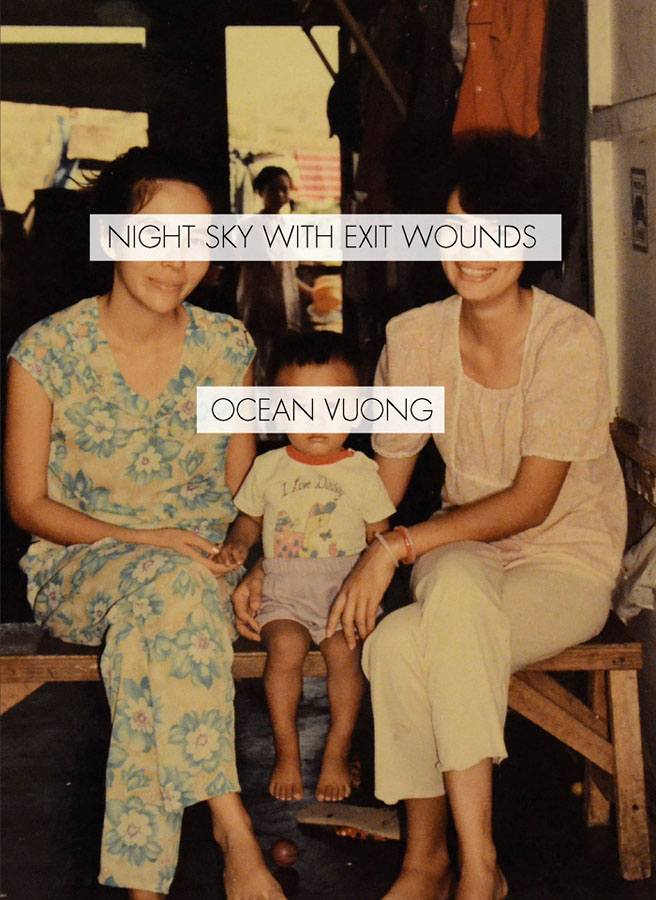
Night Sky with Exit Wounds, Ocean Vuong
Don’t expect to burn through this book of poetry in one sitting – each page holds lines so captivating, you’ll be forced to put the book down a million times to soak it all in. No, really. That’s the level of talent to expect from Ocean Vuong, a Vietnamese-American poet who has risen to critical acclaim in the past couple of years. Vuong, whose voice tells the tale of immigrant identities and heartache, has written one of the most haunting poetry collections of our time. Make sure to also pick up his first novel, On Earth We’re Briefly Gorgeous.
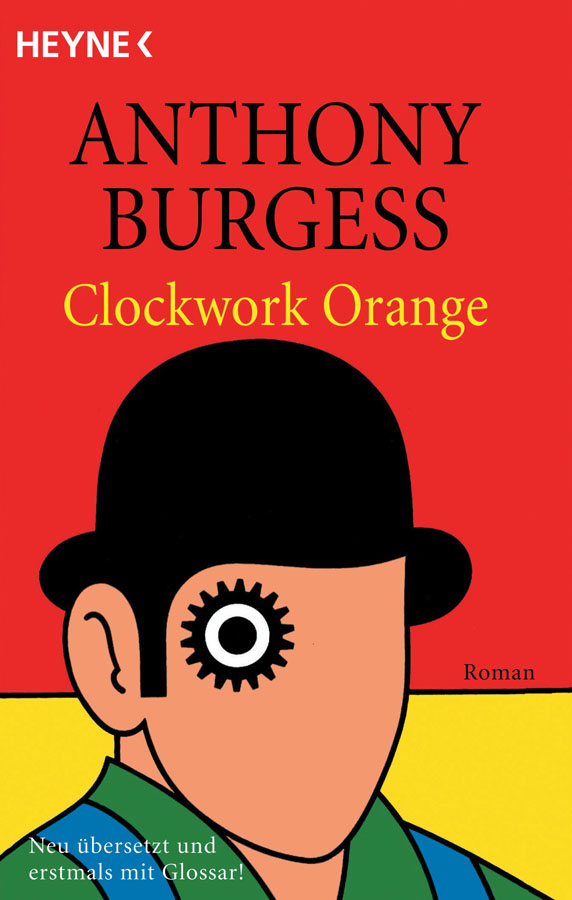
A Clockwork Orange, Anthony Burgess
Yes, the source material for Kubrick’s acclaimed film. A Clockwork Orange is a dystopian novel set in a society in the near future with an extremely violent youth subculture. The story, often narrated in a slang called Nadsat invented by the author, details the shocking deeds of teenager Alex, his violent stunts and his run-ins with authorities set on reforming him. Pick it up and let us know how you feel about it – but know it’s not for the faint of heart.
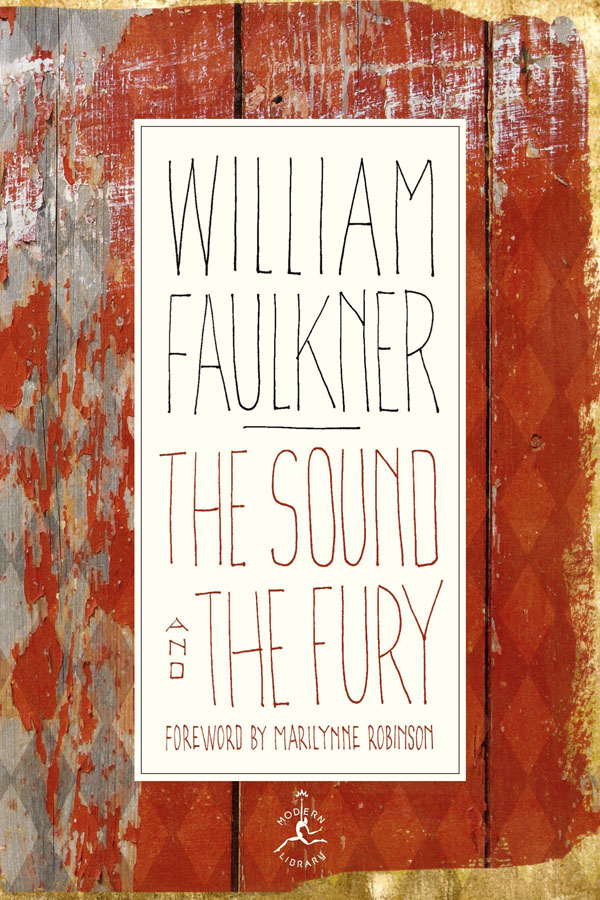
The Sound and the Fury, William Faulkner
One of the most celebrated American authors of all time, Faulkner helped define the ‘great modern American novel’. The Sound and the Fury, perhaps his most renowned novel, employs several narrative techniques, including stream-of-consciousness style which recreates the natural thought process of the human mind. It centres on the story of the formerly aristocratic Compson family in the American South, and deals with themes such as memory, language, class, sin and sexuality. A commercial success when first published, it’s perfect for any reader looking for a real challenge.
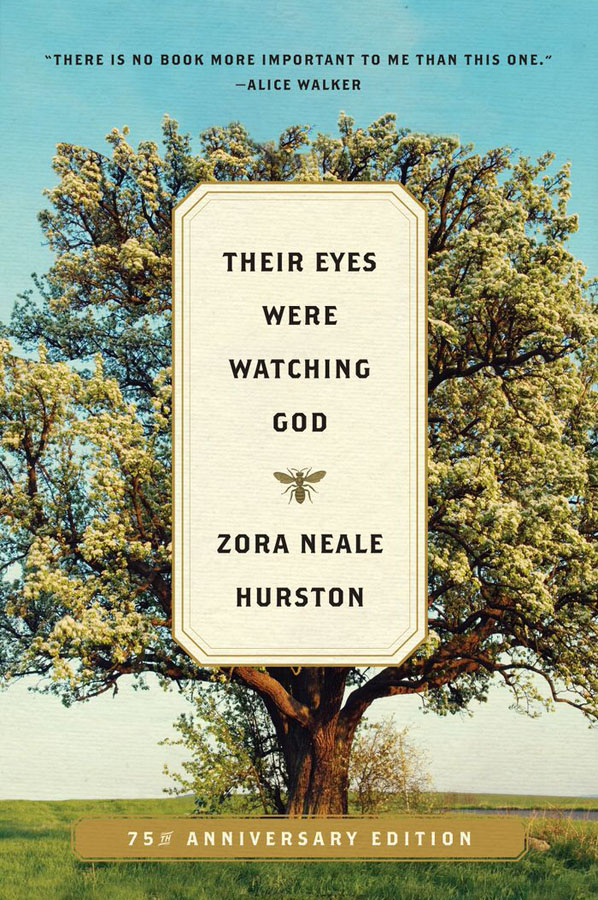
Their Eyes Were Watching God, Zora Neale Hurston
Not every talented American wordsmith instantly got the acclaim they were due. Zora Neale Hurston’s tale of love and freedom brought to life the story of Janie Crawford, a Black woman in early 20th-century Florida. However, contemporary audiences strongly rejected the character upon the book’s publication in 1937, and Hurston’s masterpiece was out of print for almost three decades. Upon its re-issue in 1978 – nearly 20 years after Hurston’s death – Their Eyes Were Watching God quickly became one of the most important works of African-American literature, regarded as a classic of the Harlem Renaissance. Written in colloquial dialect, the novel is brimming with slang, uninterrupted dialogue, phonetic spellings and regional aphorisms. Hurston attempted to capture the unique language of her Southern community. And she succeeded.
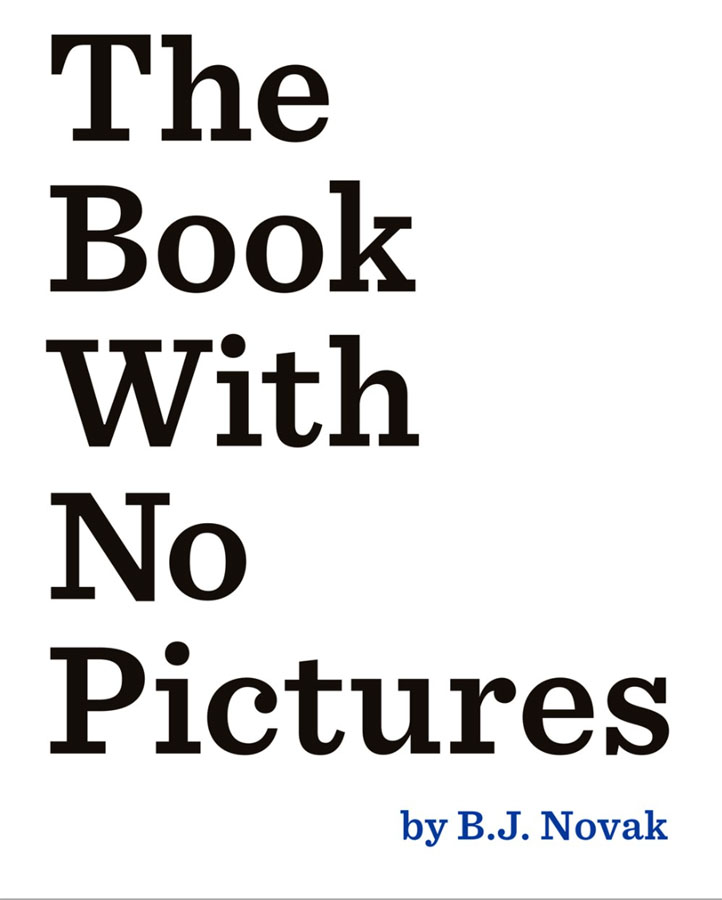
The Book with No Pictures, B.J. Novak
You’d think a children’s book with such a title would be a bore, right? Well, this unique #1 New York Times bestseller is just waiting to prove you wrong. Crafted by B.J. Novak (of The Office, perhaps you’ve heard of it?), the irreverent, delightfully silly book is the perfect tool to introduce the little ones in your life to the power of carefully chosen words.
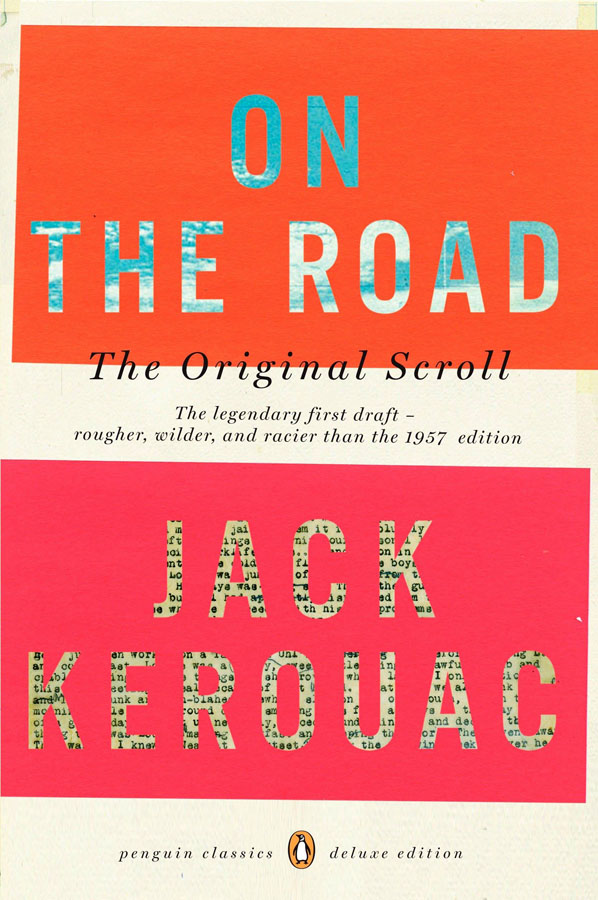
On the Road: The Original Scroll, Jack Kerouac
Kerouac wrote the first draft of On the Road during a writing binge of three weeks in 1951. He typed a single-spaced paragraph on long sheets of taped-together paper, which together made up a 120-foot scroll. His masterpiece was published in this uncut manner in 2007, as a stark contrast to previous, heavily edited versions of his work. This version – the original scroll – stands as one of the Beat movement’s most iconic aesthetic expressions or pieces of work.
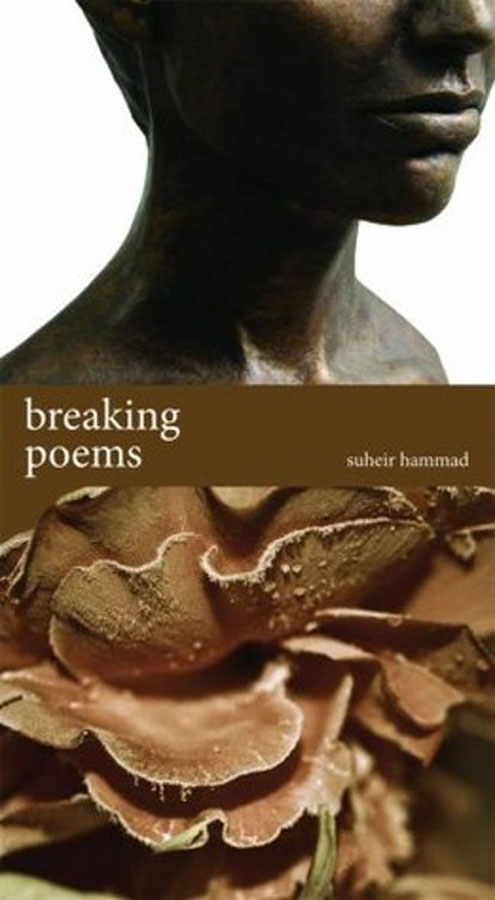
Breaking Poems, Suheir Hammad
Poet Suhair Hammad emigrated from Jordan to Brooklyn with her parents – themselves Palestinian refugees – when she was only five years old. In Breaking Poems, a stunningly beautiful book of poetry, she introduces Arabic vernacular into modern English, achieving what only the best poets can: creating her own language. A political activist, actor and performer on top of her work as a writer, Hammad was discovered by hip-hop entrepreneur Russell Simmons, who signed her to perform at HBO’s Def Poetry Jam, and she starred in the Palestinian film Salt of this Sea.
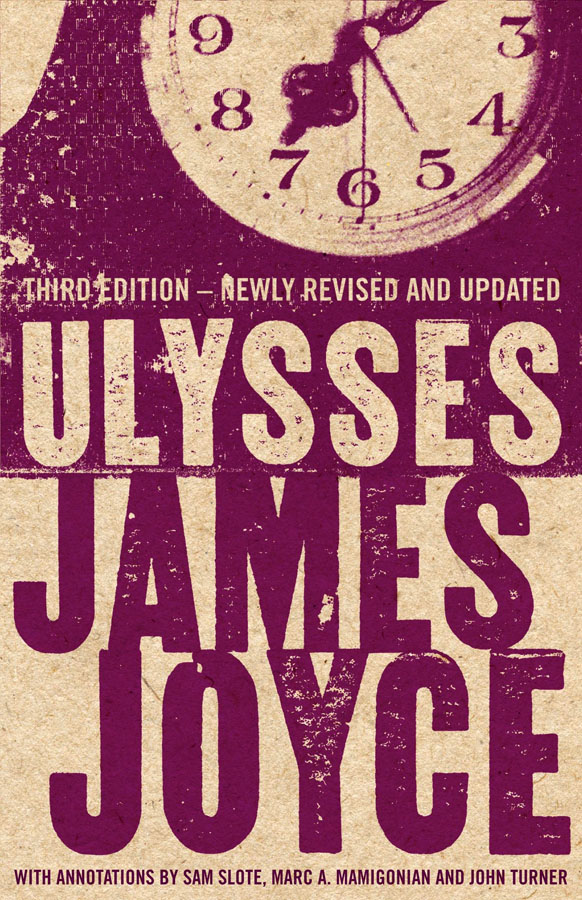
Ulysses, James Joyce
There exists a certain type of book you don’t approach unless you feel equipped to tackle it: that’s what we’re dealing with in James Joyce’s Ulysses. Considered an outstanding landmark of Modernist literature, it follows a mundane day in the life of Leopold Bloom, Irish hero and protagonist. The 1922 novel stands as a fine example of the stream-of-consciousness technique, while its structure, humour and experimental prose make it a book every single person should, at some point, read. Just maybe ask a few friends to join – this is a book made for discussion.
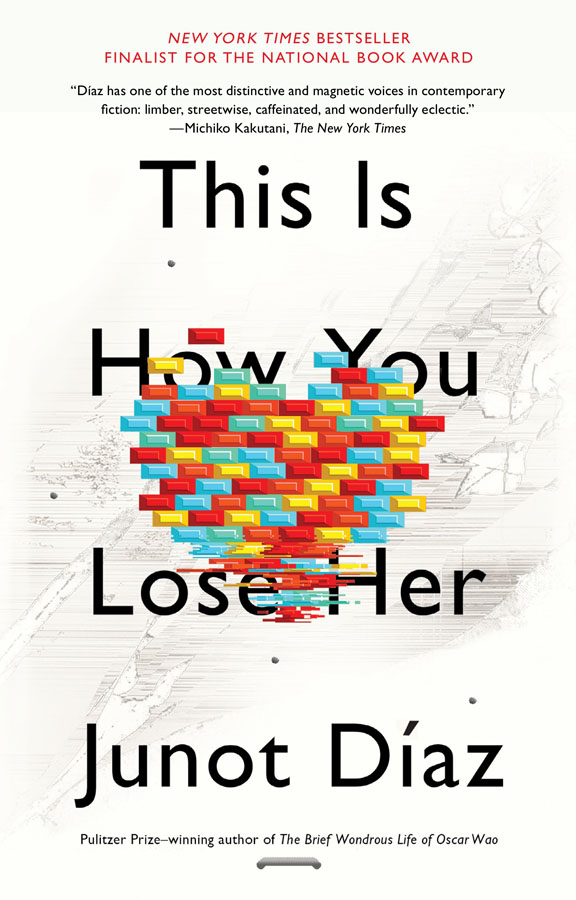
This Is How You Lose Her, Junot Diaz
You may have heard of Junot Díaz before. His first novel, The Brief, Wondrous Life of Oscar Wao received several literary awards – not the least of which being the Pulitzer Prize for Fiction. If you liked that one, the Dominican-American’s second collection of short stories, This Is How You Lose Her, is set to surpass your expectations. With irresistible style, Díaz tells the story of recurring protagonist Yunior and his multiple infidelities. Bawdy and poetic at once, his writing (and Yunior’s streetwise language) will transport you to Santo Domingo in one electrifying read.
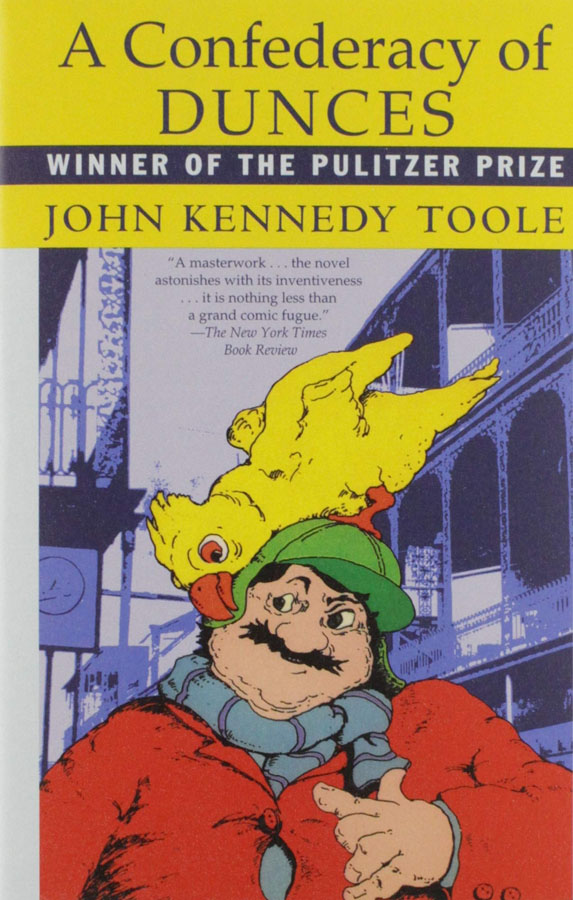
A Confederacy of Dunces, John Kennedy Toole
If you’re searching for a riotously funny book, look no further – this one right here will have you cackling with every turn of the page. John Kennedy Toole was born in New Orleans, Louisiana, and his picaresque novel A Confederacy of Dunces was only published (with great effort) after his suicide at the age of 31. It features the adventures of Ignatius J. Reilly, a lazy, obese New Orleans man who lives with his mother. The book has been praised for its accurate portrayal of New Orleans dialects, and Toole was awarded the Pulitzer Prize for Fiction posthumously for his cult classic.





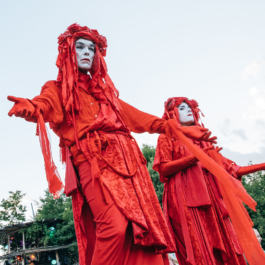


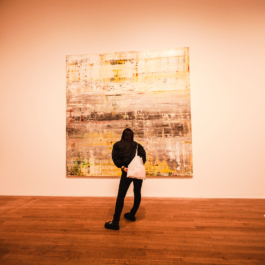



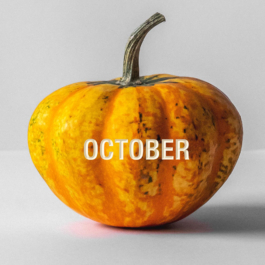
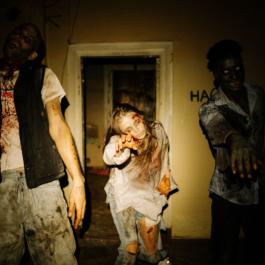
Sorry, the comment form is closed at this time.